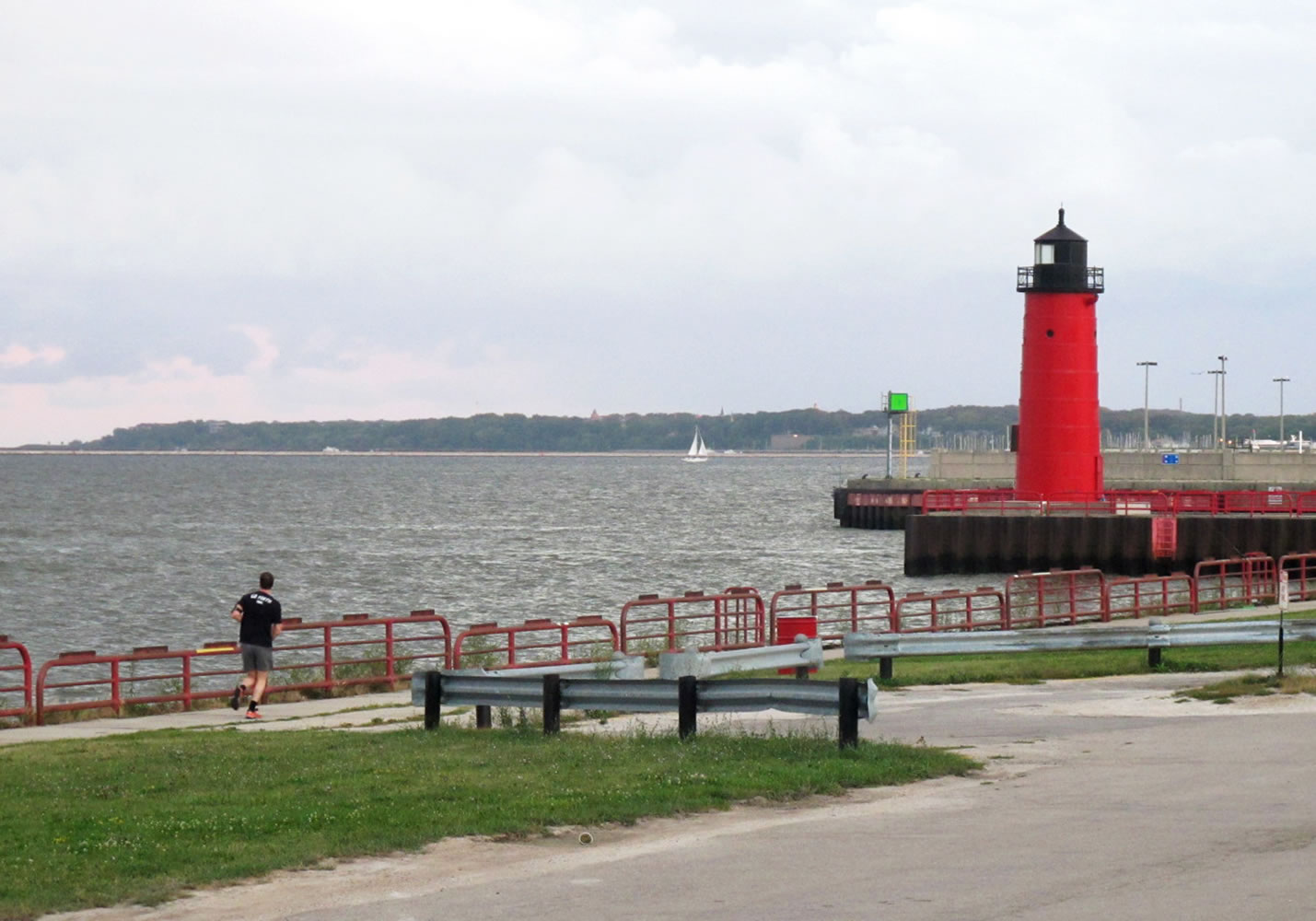TRAVERSE CITY, Mich. — Nowhere has the fervor to cut government down to size been more dramatically on display than in the industrial Midwest.
Republicans have seized control of statehouses across the traditional battleground region, where they’ve slashed budgets with a vengeance. Their counterparts in Congress have waged war with Democrats over federal spending, led by Rep. Paul Ryan of Wisconsin, architect of blueprints that renounce “earmarks” for local projects and even target Social Security.
But there’s a 94,000-square-mile exception to the Republicans’ crusade to starve the federal beast: the Great Lakes.
For all their indignation about government overreach, Republicans in the eight-state region are matching Democrats’ enthusiasm for an array of federal programs benefiting the inland seas, from dredging harbors to controlling invasive predators like the fish-killing sea lamprey.
When a House subcommittee this summer tried to cut 80 percent of President Barack Obama’s Great Lakes Restoration Initiative, which has pumped $1.3 billion into 1,700 grants for cleanups and research since 2010, alarmed Republican freshman David Joyce of Ohio quickly weighed in to get most of next year’s money restored. A bipartisan parade from neighboring states is now backing his push to get the rest of the money or even increase it.
Where the Great Lakes are concerned, party politics really does stop at the water’s edge.
It’s a marriage of convenience, explained partly by the lakes’ equal importance to the economy and the environment. They supply the drinking needs of more than 30 million people, support 1.5 million jobs and generate $62 billion in wages annually. They’re also home to more than 3,500 plant and animal species.
More fundamentally, the vast lakes are cultural icons, inspiring poetry such as Longfellow’s “The Song of Hiawatha” and memories of fishing with grandpa or camping on the beach.
“There’s just something about the Great Lakes that’s part of our DNA, I think,” said Rep. Candice Miller, a Republican from suburban Detroit. “It’s hard to explain. It’s about our way of life.”
In Congress, vote-rich states such as Illinois and Ohio, along with neighboring Pennsylvania and New York, pack considerable punch when they stick together.
Other clean-water programs lacking such an impassioned constituency haven’t fared as well. Federal funds that provide loans for drinking water and sewage treatment improvements also were cut 80 percent. No one has come to their rescue.
“The Great Lakes Restoration Initiative is among the most fiercely defended programs in the country,” said Andy Buchsbaum, regional director of the National Wildlife Federation. “The last two years, Congress has given it the exact level of funding the president called for in his budget. That’s almost unheard of, given the partisan toxicity right now.”



